NIH
-
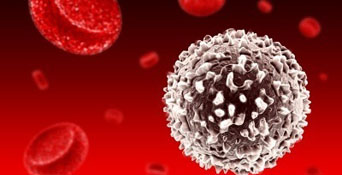
Targeting post-transplant diabetes
Targeting diabetes that develops after a stem cell transplant may help moderate graft-vs.-host disease, an adverse effect of the procedure, and improve outcomes. Read MoreApr 12, 2012
-
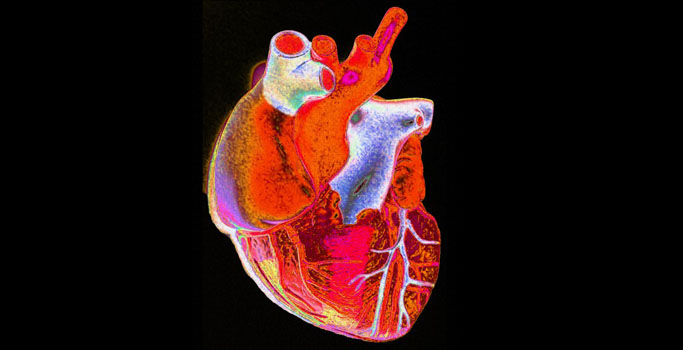
New tool hooks heart failure drugs
A new screening tool – using glowing fish embryos – could identify therapeutics for myocardial hypertrophy and heart failure. Read MoreApr 6, 2012
-

Plant compound quells inflammation
Berberine, an herbal remedy for diarrhea and intestinal parasites, may be an effective treatment for gastrointestinal inflammatory diseases. Read MoreApr 6, 2012
-

Stem cell population may hold colon cancer clues
Vanderbilt-Ingram Cancer Center researchers have identified a new population of intestinal stem cells that may hold clues to the origin of colorectal cancer. Read MoreMar 29, 2012
-

Smoking stokes cells’ cancer capacity
Cellular pathways altered by chronic exposure to cigarette smoke may reveal new biomarkers to assess smoking-induced lung cancer risk. Read MoreMar 23, 2012
-
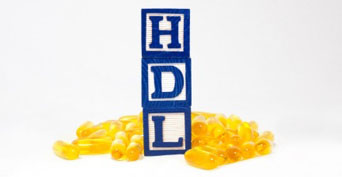
Obesity turns “good” cholesterol bad
Studies offer new insights into how obesity impairs the function of HDL, the “good” cholesterol. Read MoreMar 21, 2012
-

Mouse model for autism yields clues to a 50-year-old mystery
A genetic variation that causes early disruptions in serotonin signaling in the brain may contribute to autism spectrum disorder and other enduring effects on behavior. Read MoreMar 20, 2012
-

iPOND method goes fishing for proteins
A new tool will allow researchers to identify proteins involved in DNA replication and damage repair, processes that go awry in cancer. Read MoreMar 19, 2012
-
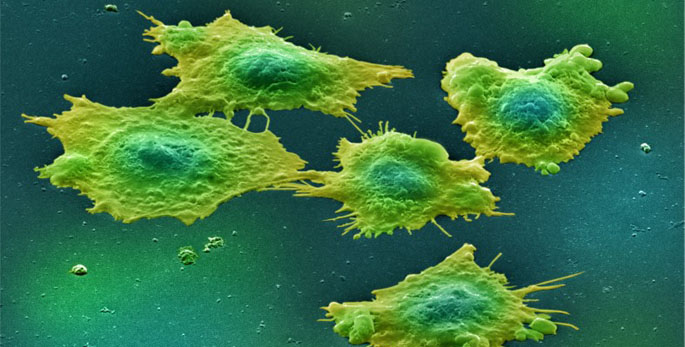
Colon cancer’s cellular crossroads
New information about signaling pathways involved in colorectal cancer could aid in assessing prognosis and identifying new therapeutic targets for the disease. Read MoreMar 16, 2012
-

Urine biomarker for colon cancer?
A molecule detectable in urine may be helpful in diagnosing colon cancer. Read MoreMar 10, 2012
-
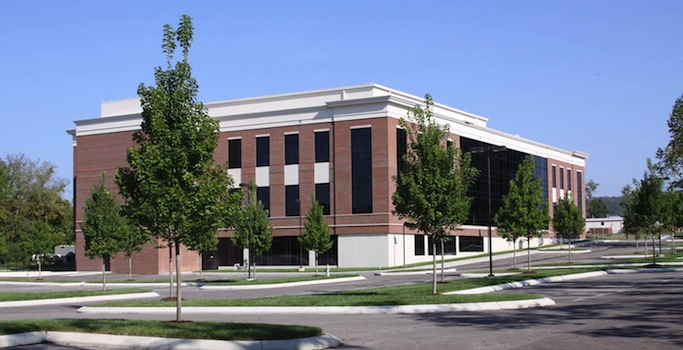
Vanderbilt expanding research enterprise into Williamson County
With the addition of a new 18,000-square-foot laboratory to be located within the Cool Springs Life Sciences Center, Vanderbilt University is expanding its research enterprise into Williamson County. Read MoreMar 9, 2012
-
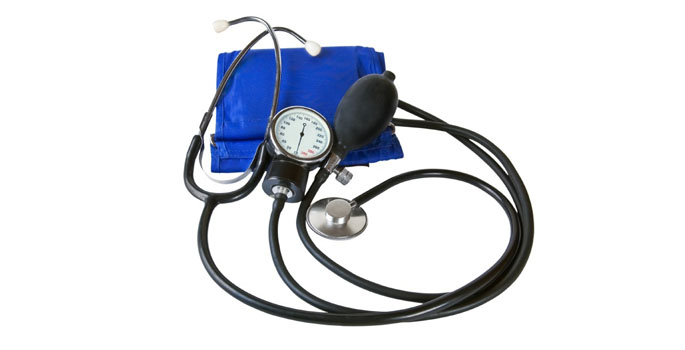
Combo combats dizziness
Some patients may need a combo of medications to combat a condition that causes dizziness. Read MoreMar 9, 2012
-
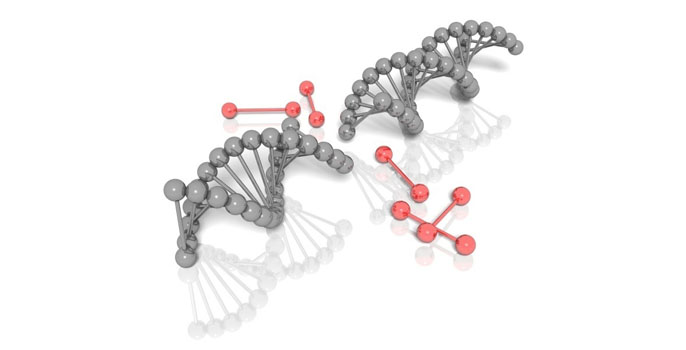
‘Detangler’ binds, bends and cuts DNA
New details on the DNA-cutting activity of topoisomerase II, a target of anti-cancer drugs, could lead to better chemotherapeutic agents. Read MoreMar 2, 2012
-
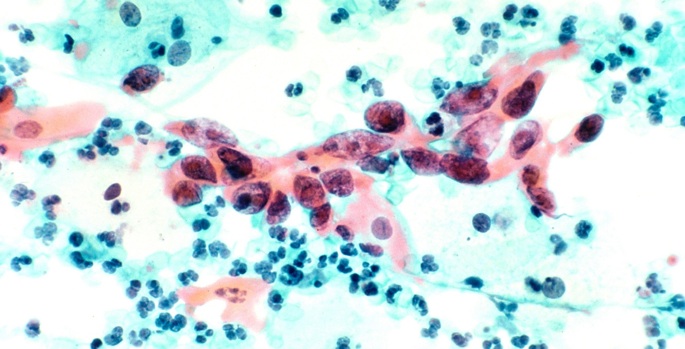
‘Acid test’ for cervical cancer
An inexpensive, low-tech test for cervical cancer may be a good option for screening for the disease among HIV-infected women in developing countries. Read MoreFeb 21, 2012
-

Stem cells take heart
Signaling pathway discoveries suggest ways to induce stem cells to become cardiac muscle cells, which could be useful for regenerating damaged heart muscle. Read MoreFeb 20, 2012
-

Memory intact in early psychosis
Brain deficits are not present in the early stages of schizophrenia, suggesting it may be possible to delay or prevent the development of brain abnormalities. Read MoreFeb 16, 2012
-
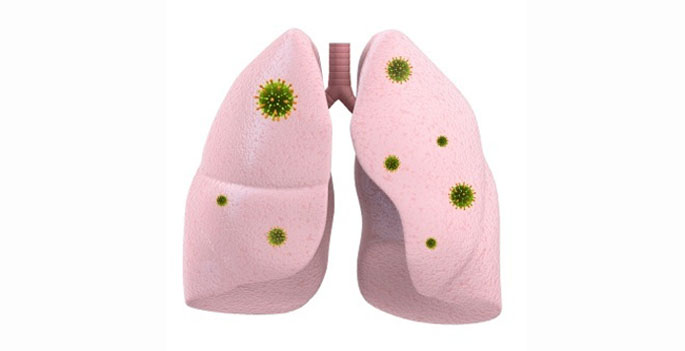
On the tail of RSV infection mechanism
New details about the life cycle of respiratory syncytial virus (RSV) could aid the development of therapies to combat this leading cause of serious illness in infants and the elderly. Read MoreFeb 15, 2012
-

Opinion: Scientific research is essential to state’s economic health
In this Tennessean opinion piece, Vice Chancellor for Health Affairs Jeff Balser discusses the impact scientific research has in Tennessee and the critical importance of continued federal investment in this research. Read MoreFeb 10, 2012
-
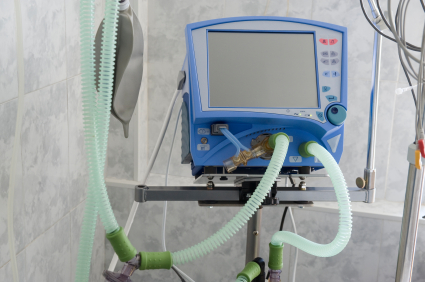
Cutting calories doesn’t reduce ventilator use: study
A new study found that lower-calorie tube feedings do not reduce a patient’s ventilator use. Read MoreFeb 10, 2012
-
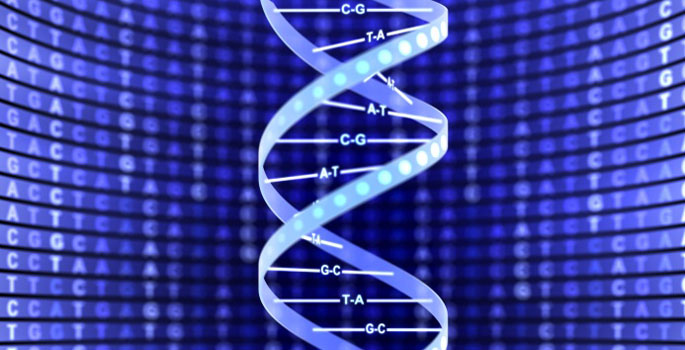
Tool finds connections in genome data
A new analytical tool points to genes that act together to increase disease risk. Read MoreFeb 8, 2012